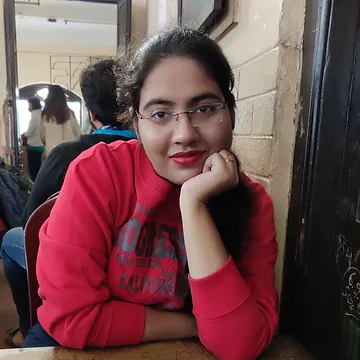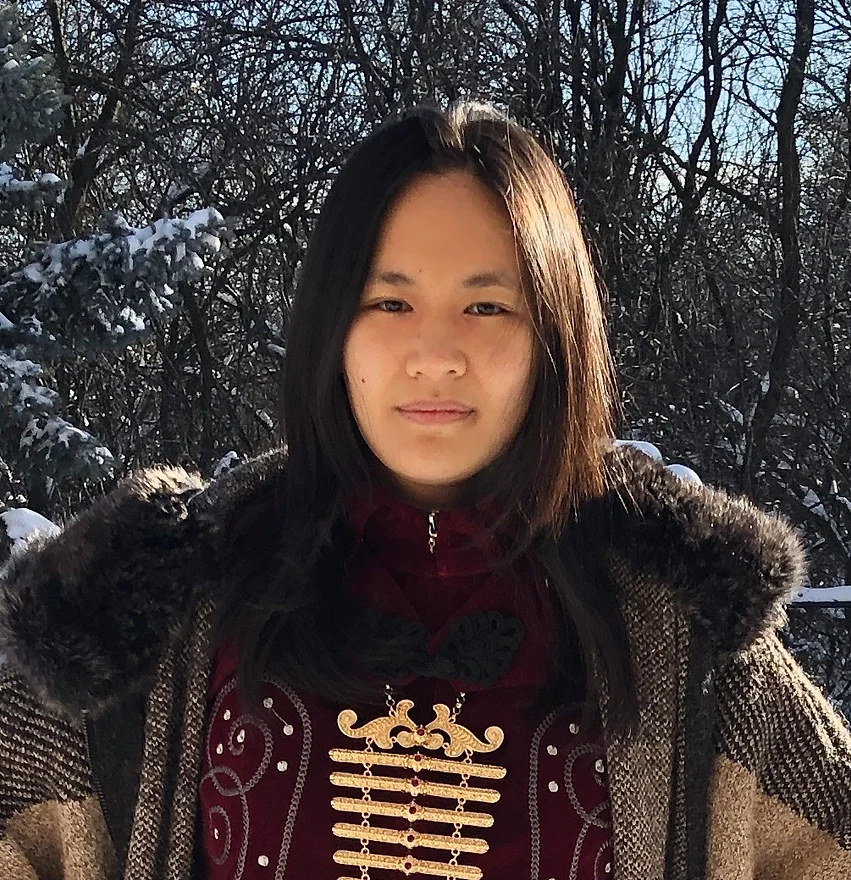

This is an episode from the podcast The Nuts and Bolts of Writing. In this episode, Imelda Wei Ding Lo interviews author Tejaswinee Roychowdhury about themes in her writing, her inspirations, and how her legal studies and practice have influenced her approach to writing. Tejaswinee is a writer, poet, artist, and lawyer from West Bengal, India. Her fiction and poetry have been nominated for the Pushcart Prize, and her work is published or forthcoming in Dreich Magazine, Muse India, Paddler Press, Amity (Hawakal, 2022), The Unconventional Courier, Roi Fainéant, Taco Bell Quarterly, Kitaab, and more. She is also the founder of The Hooghly Review, a literary magazine. To learn more about Tejaswinee Roychowdhury, visit her website.
Imelda asked Tejaswinee the following questions in this podcast episode: 1) What were you inspired by when you wrote your story for The Unconventional Courier, “Where Does The River Go?” 2) What books and themes inspired you the most as a writer? 3) You are a lawyer (as am I). Has your legal practice and studies influenced your approach to writing? If so, how? 4) What kind of stories do you plan to write in the future? Will you be publishing any books?
Imelda Wei Ding Lo is the co-host of the Nuts and Bolts of Writing podcast, the co-founder of The Unconventional Courier, a writer, an artist, and a game developer (Fortunus Games). She’s written two graphic novels—Sam in New York and The Book of Joel—and her work has been published in Victoria Literary Festival’s 2019 short story anthology. To learn more, visit her website.
We’re also very excited to share an interview that dives deeper into the work Imelda Wei Ding Lo has done. This interview was conducted via email by our blog editor, Brennie Shoup.
Brennie Shoup: You co-host the podcast The Nuts and Bolts of Writing. What made you want to start this podcast? Are there certain things you look for when you choose to interview a writer?
Imelda Wei Ding Lo: I wanted to start this podcast because I (and the co-hosts, Tete DePunk and R.N. Roveleh) wanted to learn more about other writers and how they approach writing.
As we discovered while working on our own stories, writing can be a lonely journey, especially when you’re waiting to submit novels and short stories to publishers and zines. Most publishers and zines require works to be previously unpublished, so you can’t post your work online for people to comment on.
This means you can only talk about your work with a small group of friends. We wanted to expand that group of friends beyond the three of us to a wider range of people so we could avoid the “echo chamber” effect.
BS: You also co-founded a literary zine, The Unconventional Courier. What made you want to start your own magazine?
IWDL: We started this magazine because we wanted another way to connect with other writers. We wanted to read other people’s writing and also ask them questions about the writing process. Our zine has a section called “Talking Heads” where we ask our submitters questions about writing, such as “How important are themes to your writing?” or “Which movies or books inspire you the most?”
BS: You have two graphic novels—Sam in New York and The Book of Joel. How would you describe your own writing? Do you find yourself linking writing and visual arts often?
IWDL: I would describe my writing as introspective. It’s also a work in progress. I am constantly learning from others (through the podcast and the zine) and also from my “real” (non-creative) life. I put a lot of myself into my characters, so, in a way, my characters are a way for me to digest what’s going on in my life.
Yes, I have always linked writing and visual arts together, ever since I was a child and teen. I grew up as a huge fan of manga (Japanese comics), and I loved how many of the stories combined dialogue with striking visuals. To this day, the manga Oyasumi Punpun by Inio Asano is one of my favorite works. It is just as “literary” to me as giants like Philip Roth and Orhan Pamuk.
BS: Do you feel like your background as a game developer influences the other aspects of your career—either your writing or your work on The Nuts and Bolts of Writing or The Unconventional Courier? If so, how?
IWDL: Game development was really a hobby for me. I never worked in or studied game development and I don’t have a solid grasp of programming, but I did create some interesting visual novel segments back in 2019 by teaching myself Python.
I haven’t had the time to make games recently, but I would say that my interest in game development has helped me think more about the bigger picture. When creating a game, you can’t afford to spend all of the time on the dialogue or art assets—you have to think about the structure, the user interface, and the user experience. I’ve been applying that to my art and stories, and it’s really helped me structure my works better. As I’ve learned, it’s very important to create stories with an audience in mind. Otherwise, you run the risk of creating a bloated work that is hard for the reader to understand and appreciate.